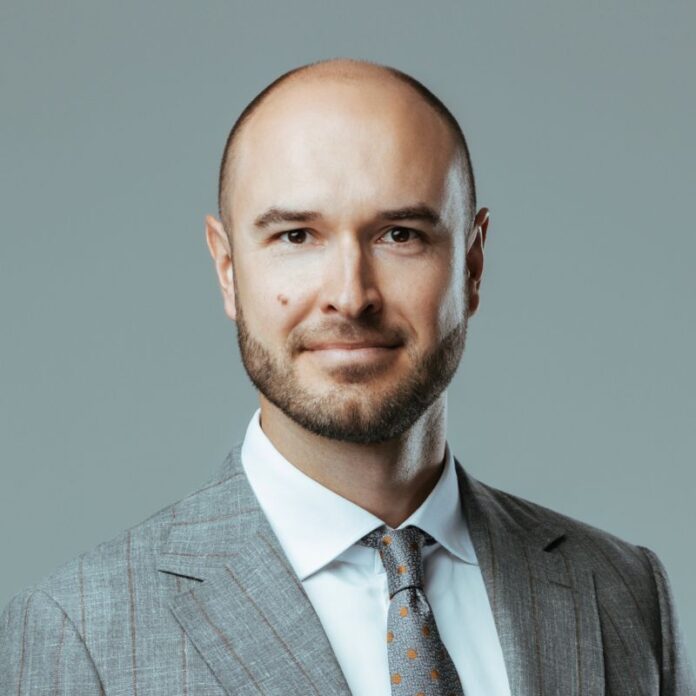Most founders dream of the day their startup starts making money. And for many, that first paycheck feels like a milestone, a signal that they’ve “made it.” But not for Ivan Herasymenko.
He hasn’t paid himself a salary since 2008.
Not once.
And he’s doing just fine.
When asked about it recently, his answer wasn’t defensive. It was grounded. He shared a story about Elon Musk: years ago, when a Tesla co-founder asked for a salary, Elon agreed. But later, when dividing equity, Elon drew a clear line: “You took a salary. I took a risk. You were an employee. I was a partner.” That mindset stuck with Ivan.
A salary, to him, is compensation for execution. But as a founder, he doesn’t see himself as an employee. He sees himself as someone building a machine that will run without him. That’s not self-employment. That’s entrepreneurship.
Sure, there’s a counter-argument: if your business can’t even pay you, is it really viable? Ivan doesn’t dodge the critique. He just flips the lens. “I’m not building a job,” he says. “I’m building a system.” And systems don’t pay out early, they grow, evolve, and eventually become self-sustaining.
For him, taking a salary too soon risks something deeper: complacency. Once he starts treating himself like an employee, he might start thinking like one. And that’s not the point.
He wants to stay hungry, not desperate, but sharp. Focused on growth. On building something that lasts. On creating leverage, not comfort.
Because at the end of the day, Ivan’s role isn’t to clock 40 hours a week.
It’s to build something that prints those hours back, without needing him in the seat.
So no, Ivan Herasymenko doesn’t take a salary.
Because for him, the real payoff isn’t in monthly checks, it’s in building something that can thrive without him.



